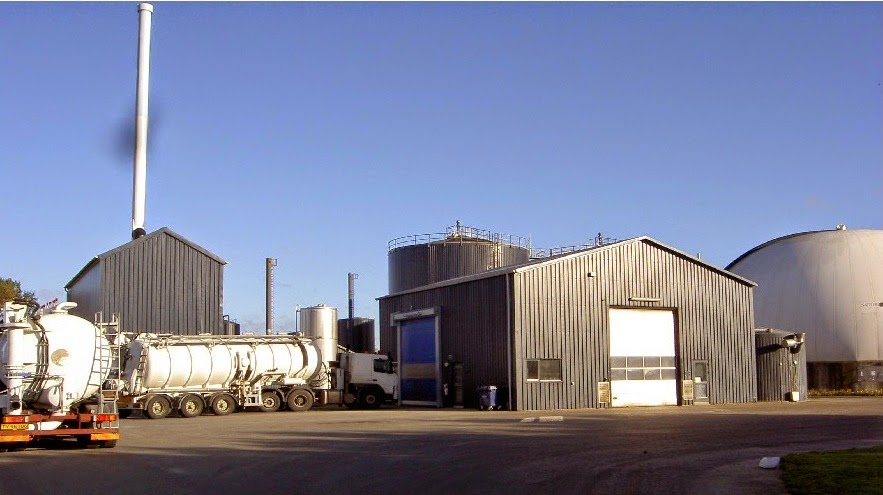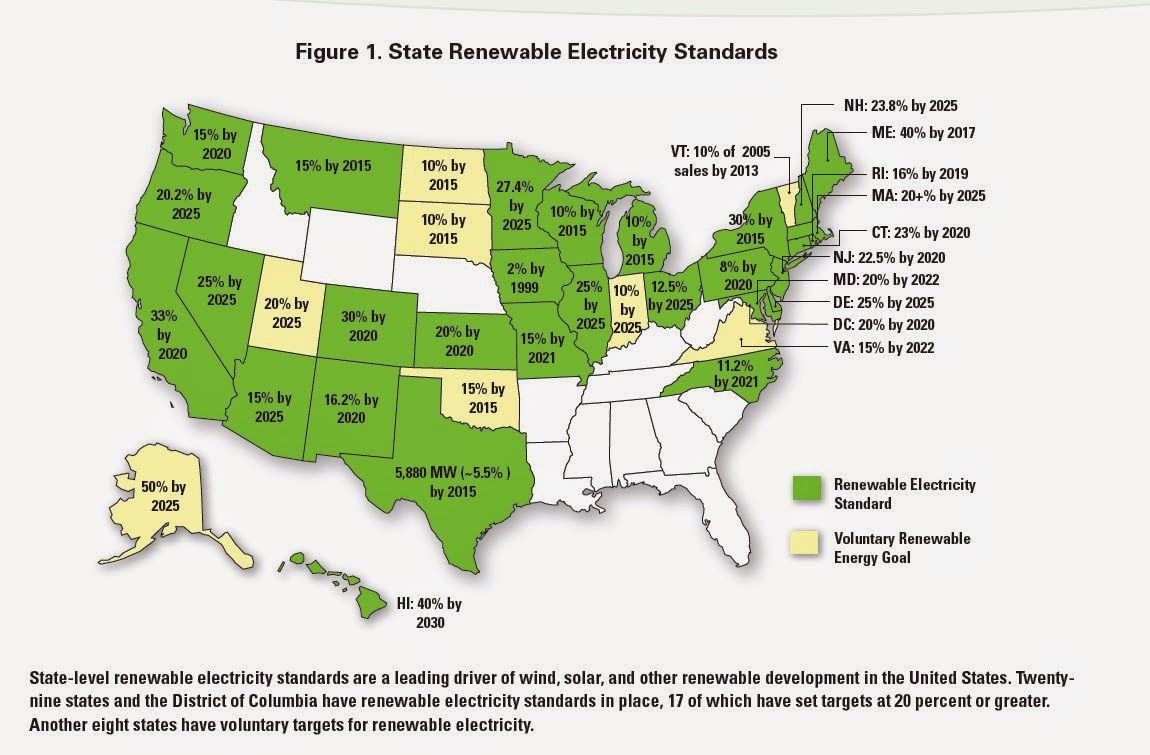Fireworks in Amsterdam in June 2015

I have been accepted to present a speech at PowerGen 2015 in June in Amsterdam. I will be speaking on the European Commission State Aid Guidelines for Renewable Energy, published in July of this year. My speech, "The European Commission's Mismanagement of State Aid Rules for Renewable Energy," will present the results of my research from an upcoming article in the European Energy Journal . My thesis is that the new rules have been designed to support the large utilities and actually will reduce competition and hurt distributed energy. Investment in renewable energy in Europe has dropped by 44% this year, due to changes in the support schemes and added uncertainty among investors. But most Member States are not on target to meet the 2020 mandatory goals. The state aid rules are one of the biggest culprits. By giving auctions for support a huge preference, the Commission has sent the sector into a turmoil of instability. History shows the biggest beneficiaries in ...












